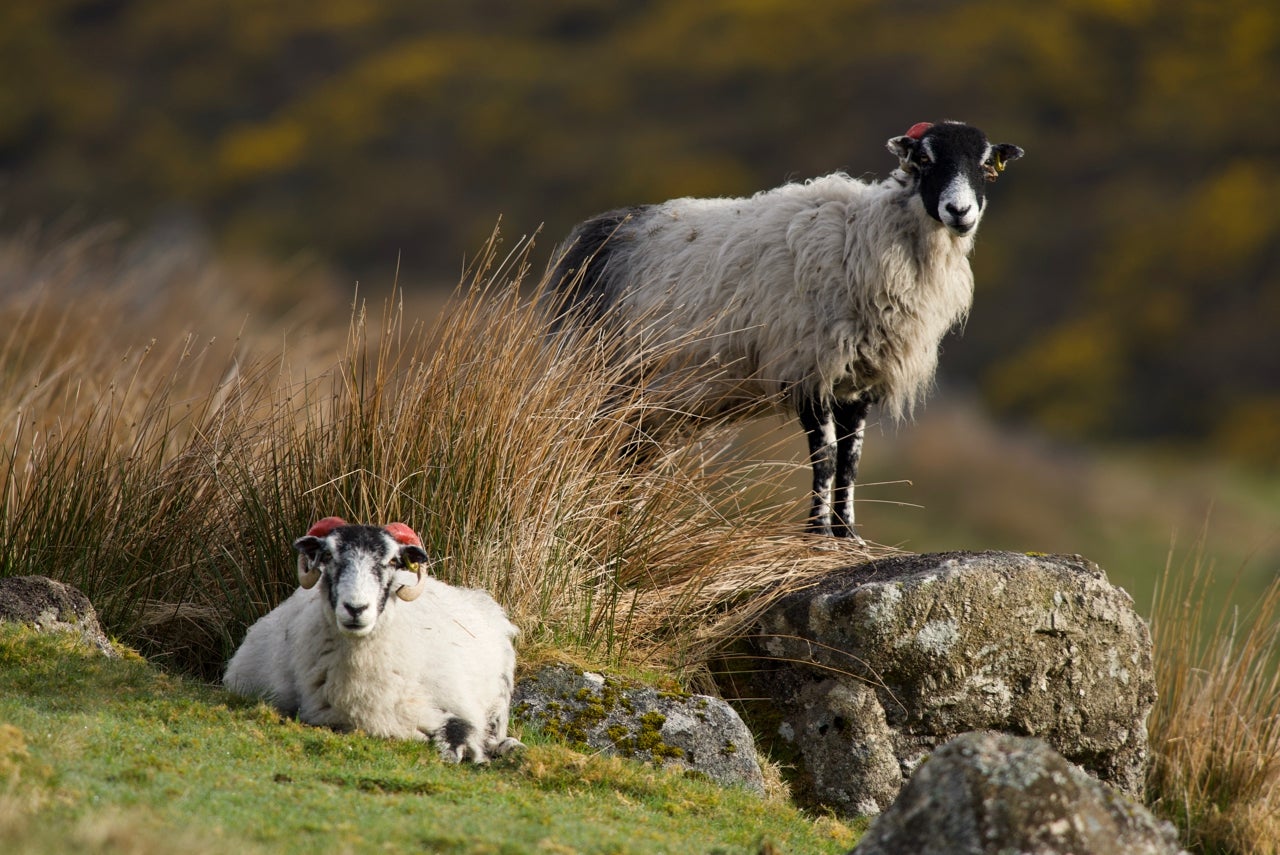
A much-loved national park where herds of sheep graze has been likened to the Wild West by a farmer who says he has lost thousands of ewes to thieves over the past decade.
Colin Abel’s family has been farming sheep on Dartmoor National Park since the 1880s, but a rise in sheep rustlings across the vast moorland is now pushing his eighth-generation farm to the brink.
Around 440 of Mr Abel’s 4,400-ewe flock were reported stolen during an annual count in November last year, up from around 200 the year before. And with each sheep valued at £120, the 56-year-old said the crime cost him more than £50,000 last year.
The seized sheep were among at least 1,101 recorded stolen last year by Devon and Cornwall Police, where officers suspect farming industry insiders are involved. The data, obtained by The Independent, showed there were 182 incidents in 2023, although this could be due to a lower level of reporting.
“It’s a bit of a Wild West on Dartmoor,” said Mr Abel. “Every November we take the sheep in, we never know how many we will get back. Some years it’s terrible. It leads to frustration and anger when you know someone is out there pinching your animals, but you can’t do anything about it.”
In its latest report NFU Mutual said the annual UK cost of livestock theft had risen to £2.7m in 2023, up 8.7 per cent from 2022. The body’s rural affairs specialist Hannah Binns told The Independent it had become “increasingly organised” in recent years.
Earlier this year, Martin Beck, the UK’s national livestock theft police officer, told the BBC stolen sheep could end up being sold on the black market, where there was a risk to the consumer because of a lack of information on the animal’s disease status.
Mr Abel said he believed some ewes were stolen for an underground trade in smokies, which are blowtorched sheep carcasses. The illicit delicacy is banned in the UK but is said to be popular in some city-based west African communities.
“We never see anyone caught so we never really know the true destination for the animals,” he said. “That’s a big part of the frustration, there is no deterrent to stop people going on the common and taking.”
Last year, Devon and Cornwall Police unveiled a drone to help tackle rural crime, while there have also been discussions among farmers over introducing tracking devices on some livestock.

But there are calls for more to be done.
This week, the Lib Dems shared data that showed just 0.4 per cent of the workforce at police forces across England and Wales was assigned to dedicated rural crime teams. The Countryside Alliance has also said some forces lack even basic kit to tackle rural crime.
A spokesperson for Devon and Cornwall Police said tackling the crime was a challenge, adding that the officers’ task was being made harder by the suspected involvement of people from the farming industry.
They said: “Stealing livestock is not something which can be done without knowledge and experience in agriculture and farming. This is why working with our rural communities, including abattoirs, is essential in building intelligence and employing tactical options.”
Last month, the government announced £800,000 in funding to tackle rural crime that, the Home Office said, would partly go towards using technology and data to target organised crime groups.
Environment secretary Steve Reed said: “This government will crack down on these criminals and bring them to justice with specialist rural policing units to protect farmers and our rural communities.”







